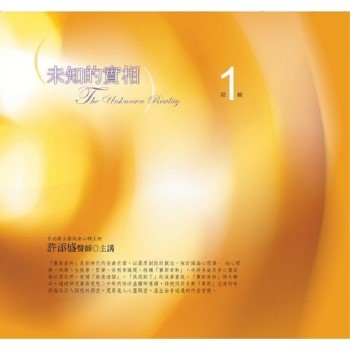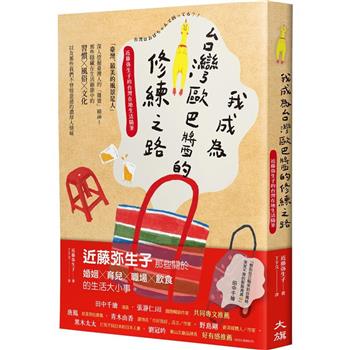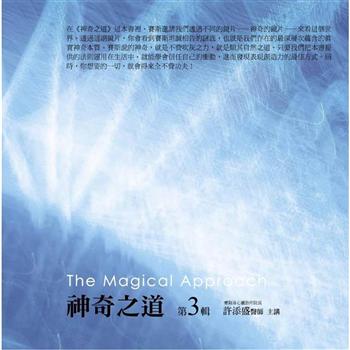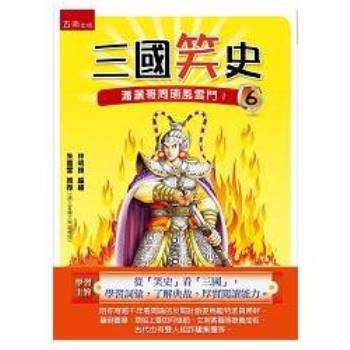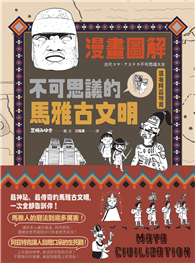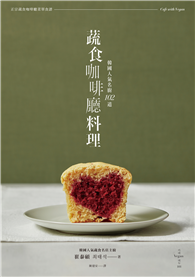The ongoing debates on the morality of artificial birth control sparked a heated public debate in the early twentieth century in an already religiously fragmented United States. Many denominations took part in the deliberations both publicly and privately. In examining the ideas about contraception and birth control at that time, this book considers the cultural environment, religion and its connection to the roots of birth control, the questioning of religious doctrine, the Protestants’ view of birth control, the Lambeth conferences of 1930, the influence of conservatives, and the influence of Catholics. Also discussed is the historical context of fundamentalists versus modernists, neo-Malthusianism, eugenics, immigration, the movement for legalization organized by Margaret Sanger, and how the Catholic Church came to lead religious resistance to artificial birth control.
| FindBook |
有 1 項符合
The American Religious Debate over Birth Control 1907-1937的圖書 |
 |
The American Religious Debate over Birth Control 1907-1937 作者:Tobin 出版社:McFarland & Company 出版日期:2001-09-07 語言:英文 規格:平裝 / 232頁 / 22.9 x 15.5 x 1.3 cm / 普通級 |
| 圖書館借閱 |
| 國家圖書館 | 全國圖書書目資訊網 | 國立公共資訊圖書館 | 電子書服務平台 | MetaCat 跨館整合查詢 |
| 臺北市立圖書館 | 新北市立圖書館 | 基隆市公共圖書館 | 桃園市立圖書館 | 新竹縣公共圖書館 |
| 苗栗縣立圖書館 | 臺中市立圖書館 | 彰化縣公共圖書館 | 南投縣文化局 | 雲林縣公共圖書館 |
| 嘉義縣圖書館 | 臺南市立圖書館 | 高雄市立圖書館 | 屏東縣公共圖書館 | 宜蘭縣公共圖書館 |
| 花蓮縣文化局 | 臺東縣文化處 |
|
|
圖書介紹 - 資料來源:博客來 評分:
圖書名稱:The American Religious Debate over Birth Control 1907-1937
|
